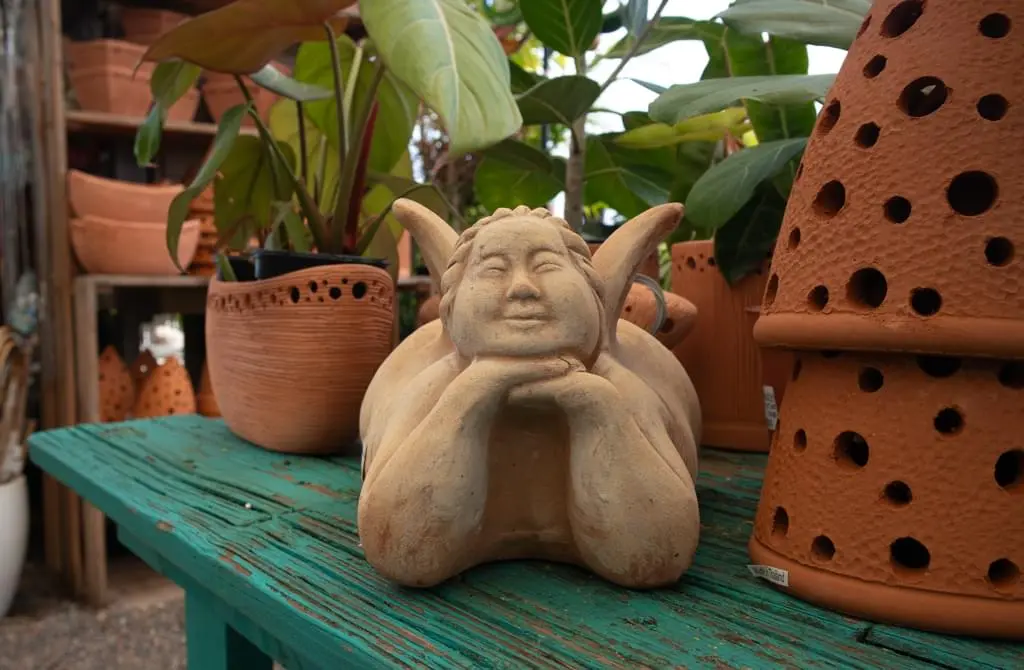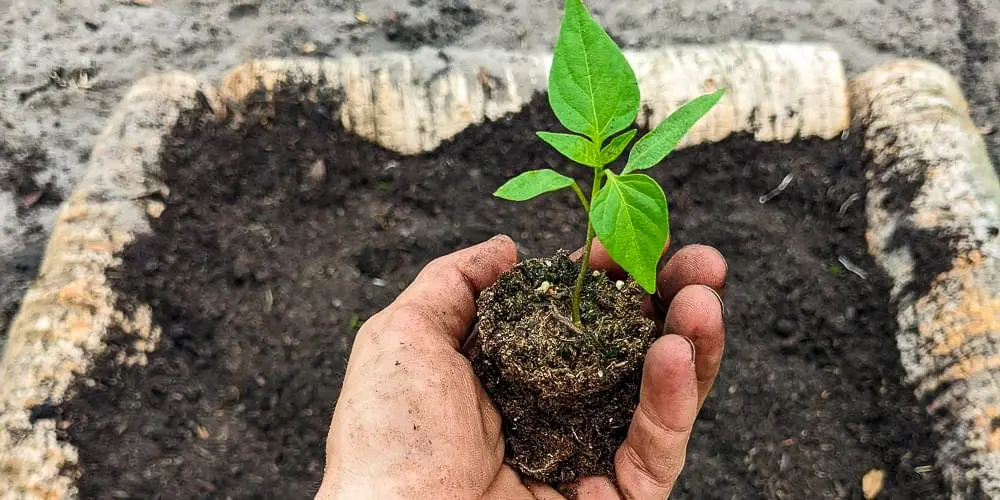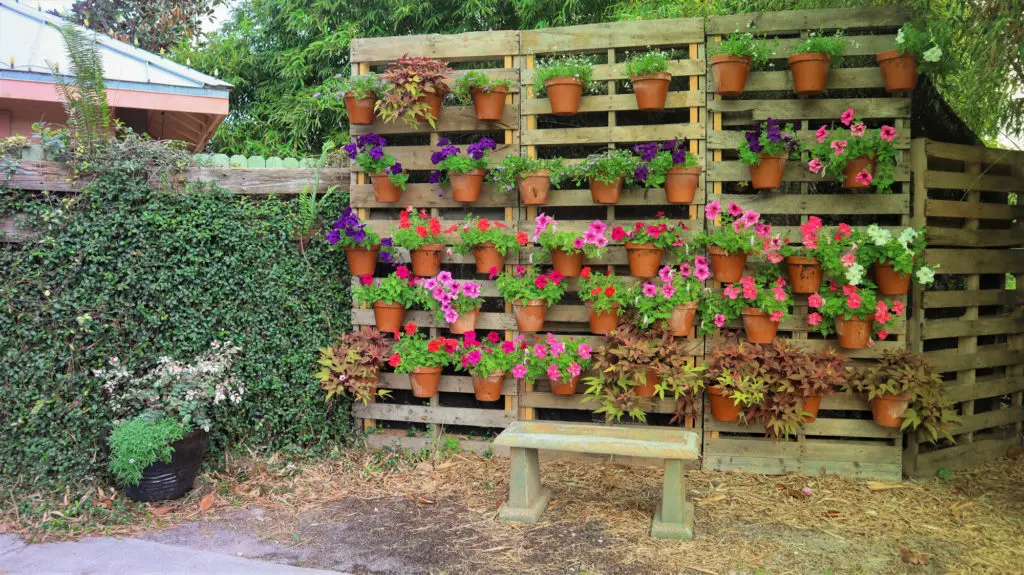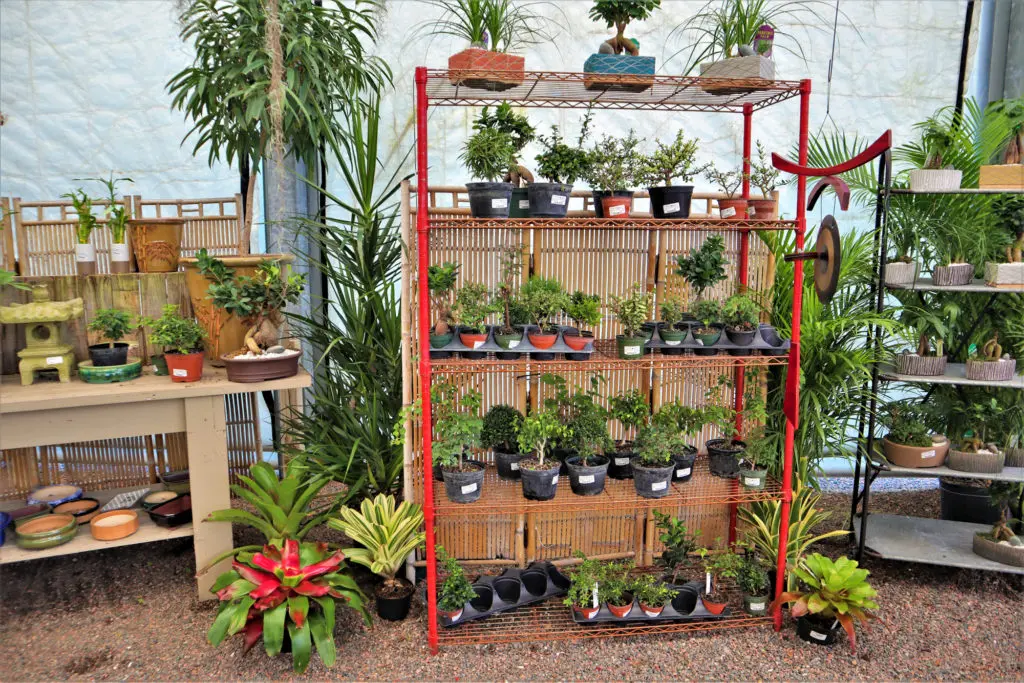by Amanda Rose Newton
In today’s fast-paced world, finding moments of tranquility and inner peace can sometimes feel like a distant dream.

Now that school is in session, afternoon activities are in full swing, and fall holidays are just around the corner. As the demands of daily life continue to grow, so does the need for practices that reconnect us with ourselves and the natural world.
One such practice that has been gaining popularity is gardening for meditation. It’s more than just planting flowers or tending to vegetables – it’s about cultivating a sense of calm, gratitude, and healing through the act of nurturing living things.
Gardening as a Positive Gratitude Process
Gardening is more than just yard work; it’s a process that encourages us to slow down and be present in the moment. The simple act of planting seeds, tending to plants, and watching them flourish fosters a deep sense of gratitude.

Each plant’s growth becomes a tangible representation of the time, effort, and care we’ve invested. It’s a humbling reminder of the cycles of life and the interconnectedness of all living things.
As you nurture your garden, you become attuned to the changing seasons, the rhythm of growth, and the power of nature. This heightened awareness shifts your focus from the hustle and bustle of everyday life to the small miracles happening in your own backyard. The act of gardening becomes a gratitude practice – a way of acknowledging the beauty and abundance around you, right in your own backyard.
Gardening as Healing
Gardening has the remarkable ability to heal not only the body but also the mind and spirit. Numerous studies (Egerer et al, 2022; Thompson, 2018; Chalmin-Pui et al, 2021) have shown that spending time in nature and engaging in gardening activities can reduce stress, anxiety, and depression.

The act of digging in the soil, tending to plants, and feeling the sun on your skin can create a profound sense of well-being.
The healing power of gardening can be attributed to several factors. First, it encourages physical activity, which releases endorphins and boosts mood. Second, the connection with the natural world has a grounding effect, helping to ease feelings of being overwhelmed. Finally, the repetitive and rhythmic nature of gardening can induce a meditative state, promoting relaxation and mindfulness.
Creating Your Meditation Garden
If you’re inspired to start a meditation garden, here are a few tips to consider:
Choose a Space. Find a quiet corner in your yard or even a small balcony that you can transform into your meditation garden. It doesn’t have to be large – just a space where you can connect with nature.
Select Plants. Choose plants that resonate with you. Flowers that bloom in different seasons or herbs that engage your senses are great options. Consider including plants that attract butterflies and birds to create a vibrant ecosystem.
Incorporate Seating. Add a comfortable seating area where you can sit and enjoy the beauty of your garden. This could be a simple bench, a cozy chair, or even a cushion on the ground. Consider your outdoors an extension of your indoor life.
Engage Your Senses. Incorporate elements that engage your senses. Wind chimes, fragrant flowers, and textured plants can provide a multi-sensory experience.
Practice Mindfulness. As you tend to your garden, practice mindfulness. Focus on each action – planting, watering, and weeding – as a form of meditation. Let go of distractions and immerse yourself in the present moment.
Gardening for meditation is a journey of self-discovery, healing, and connection with the natural world. It’s an invitation to slow down, appreciate the beauty around you, and cultivate a sense of inner peace.

As you nurture your garden, you’re also nurturing your well-being. So, whether you’re an experienced gardener or someone new to the world of plants, consider stepping into your garden as a form of meditation and a path to healing and gratitude.
For more on the science behind the link of plants to well-being, check out the references below:
Lauriane Suyin Chalmin-Pui, Alistair Griffiths, Jenny Roe, Timothy Heaton, Ross Cameron, Why garden? – Attitudes and the perceived health benefits of home gardening, Cities, Volume 112, 2021, 103118, ISSN 0264-2751,
https://doi.org/10.1016/j.cities.2021.103118.
(https://www.sciencedirect.com/science/article/pii/S0264275121000160)
Egerer M, Lin B, Kingsley J, Marsh P, Diekmann L, Ossola A. Gardening can relieve human stress and boost nature connection during the COVID-19 pandemic. Urban For Urban Green. 2022 Feb;68:127483. doi: 10.1016/j.ufug.2022.127483.
Thompson R. Gardening for health: a regular dose of gardening. Clin Med (Lond). 2018 Jun;18(3):201-205. doi: 10.7861/clinmedicine.18-3-201.


